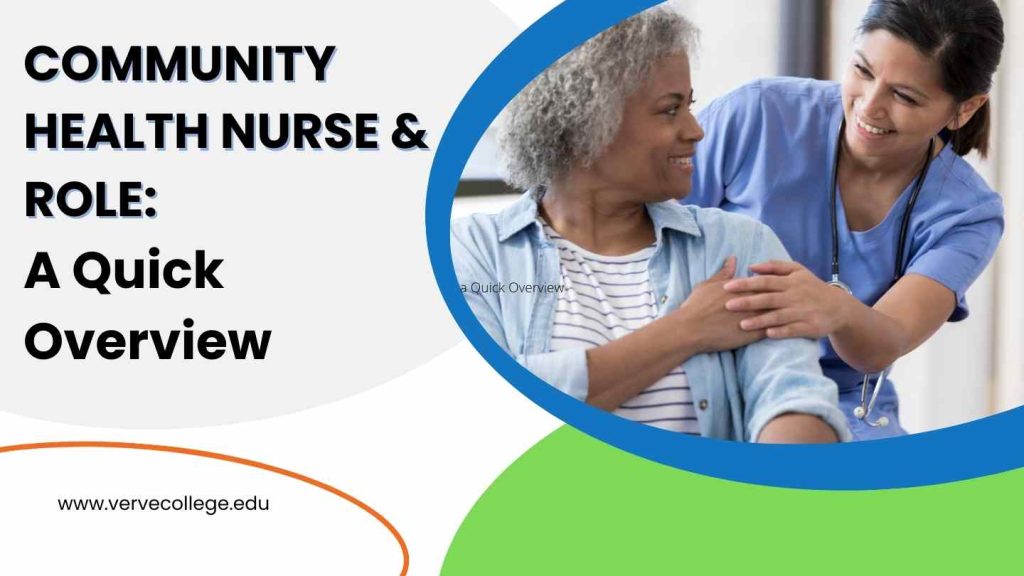- Oak Brook:(630) 705-9999
- Chicago:(312) 920-8822
- Email:inquiry@vervecollege.edu
- Make a Payment
- Home
- Programs
- Admission
- Resources
- ATI Entrance Exam Resources
- New E-Digital Library
- Refer a Friend
- School Newsletter
- Events
- Employers
- Job-Network
- Alpha Beta Kappa Candidates
- Verve College Library
- Graduation and Pinning Ceremony Photo Galleries
- Textbook Information
- Career Services
- Tutoring
- School Catalog
- FAQ
- Constitution Day Program
- Alumni
- Verve College Plans
- Financial Aid
- HEERF Reporting
- Satisfactory Academic Progress
- Apply For Financial Aid
- Net Price Calculator
- Return of Title IV Funds (R2T4)
- Financial Aid Office Code of Conduct
- Contact
- FAQs
- Verification Policy
- Vaccination Policy
- Student Right-to-Know Act
- Misrepresentation
- Information Security Program
- Academic Award Year
- Availability of Employee
- Cost of Attendance
- Health & Safety Exemption Requirement
- Students Rights and Responsibilities
- Leave of Absence
- Pell Formula
- Military Students
- Grants/ Scholarship Policy
- Contact Us
- Testimonials
- Blog
Is a Nursing Career Right For You?
Take The Free Quiz
Community Health Nurse and Role: A Quick Overview
Community Health Nurse and Role: A Quick Overview
For many centuries, nations have depended on nurses. Nurses’ medical expertise and compassion are vital during an awful disease, injury, or delivery. Our portrayal of healthcare professional is often mythical because of their enormous impact on the lives of others.
Since the vocational nurse’s role became standard at every hospital, our understanding of medicine has evolved. Healthcare providers are now looking beyond individual medical basic care to the health and safety of the community as a whole. This can result in fewer diseases, higher lifespans, and fewer tragedies are expected.
Are you hoping to become a licensed practical nurse with strong critical thinking skills? Explore options in the nursing profession to enhance your practical experience with Verve College now.
What Does a Community Health Nurse Do?
In the United States, clinical practice has traditionally been focused on treating illness. The medical field is there to help restore health when people are injured or fall ill. When you are sick, going to the doctor is instilled in your brain.
This model is reactive at its core. Recently, healthcare providers and sociologists began thinking about a proactive healthcare system. What if medical crises to which doctors and healthcare teams are called upon to respond could be prevented? What causes disability and disease in a population, and how can we eliminate them in a clinical setting?
In the early 2000s, several books and articles were published about contagious social determinants of health and conditions. The findings showed that a lack of schooling, being a member of an underrepresented group, and symptoms of poverty were more important risk factors for negative effects on health than lack of accessibility to basic patient care or susceptibility to sickness in health care facilities. Addressing these interrelated issues will be a difficult task. However, a holistic approach is necessary to achieve progress.
Related:- Different Ways to Deal With Unacceptable Patient Behavior
What Are the Locations Where Community Health Workers Do Their Jobs?
Below are five examples of organizations that depend on community health nurses.
1.Community Health Centers
A community nurse can work directly with community members to meet their medical needs. Community health nurses also develop educational resources and campaigns around family preparation, sexual well-being, and other preventative health care. Community health nurses may work outside the health center to reach a broader cross-section of the community.
2 Correctional Facilities
In a correctional facility, many people live in close quarters. Community health nurses are often employed to reduce the spread of infectious diseases. They implement protocols for infectious disease control, run educational programs with inmates and their staff, and work closely with local and state health departments.
3. School
Community health nurses can educate schoolchildren about healthy habits and illness disease prevention. This information allows children to live longer and in better health. Children can also be helped by community health nurses working in schools to manage their health issues and intervene when abused or neglected.
4.Aid Organizations
Organizations like Doctors Without Borders or the Red Cross employ some community health nurses. These professional nurses or medical assistants are often involved in disaster relief, safe drinking water, and other local issues, similar to their work at community health centers.
5. Government Agencies
Most community health nurses who work for government licensing agencies do little direct medical care to their residents. They work on developing policies and their implementation to bring about change at a large scale for many different groups.
What Are the Common Duties of a Community Health Nurse?
A community health nurse’s scope of practice includes community building, health promotion, and policy reforms to promote the health of an entire population. Community health nurses have a wide range of duties, varying according to where they are employed and the community’s needs. Some community health nurses provide standard medical services such as immunizations and screenings. Others may work on educational practical nursing programs, research about social and environmental factors that influence health outcomes, and advocacy.
Want to Make a Career in Nursing? Get More Information About Our Courses!
Practical Nursing Has Many Faces
Nursing is an incredibly dynamic field. If you’re interested in transforming the way healthcare is delivered, driving systemic change, or strengthening communities with better health outcomes and longer life expectancy, consider the required courses for hands-on training in community health nursing offered by hybrid LPN programs near me (LPN program) at community college for learning practical skills and clinical experience. Other specialties take nurses into communities and other healthcare settings than traditional nursing homes or hospitals.
 Sign up
Sign up Login
Login




